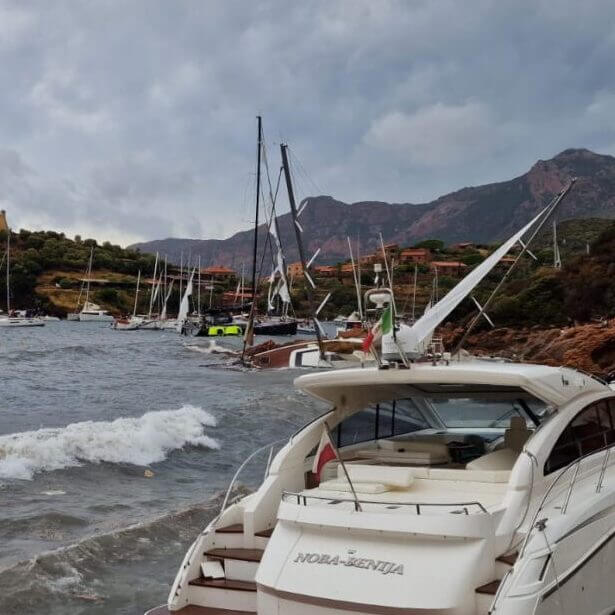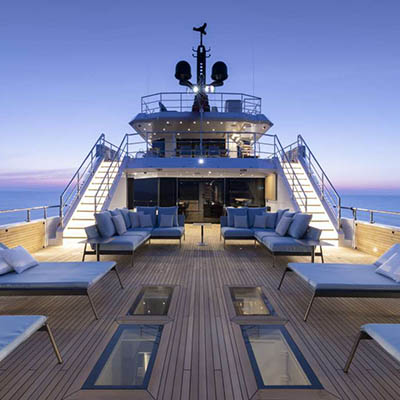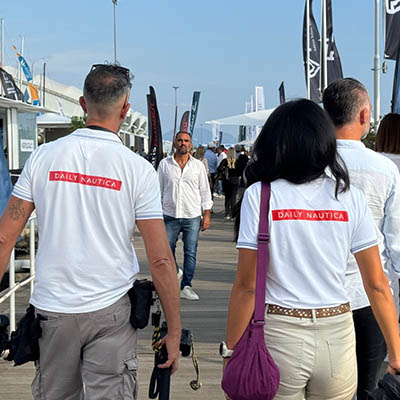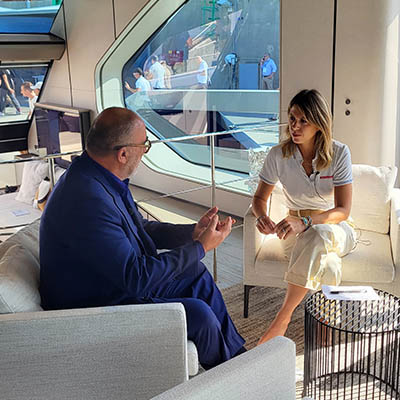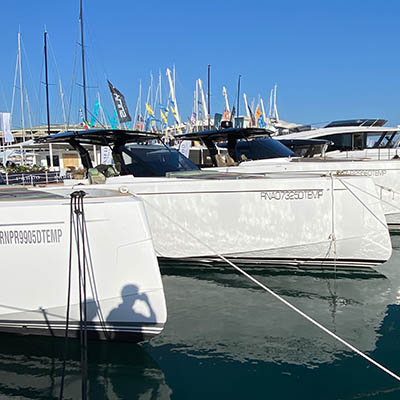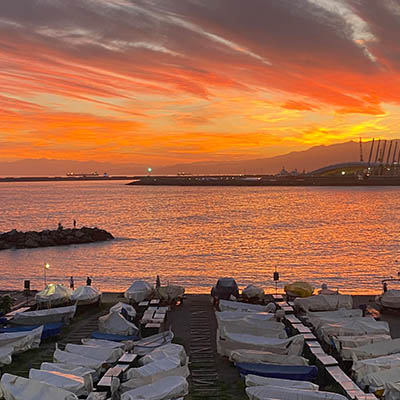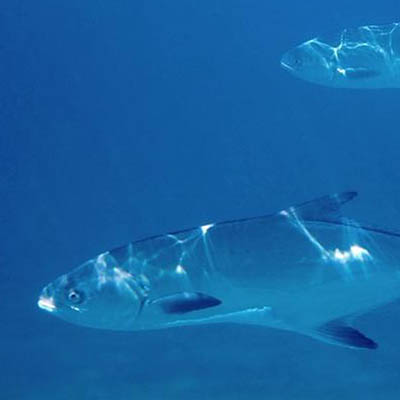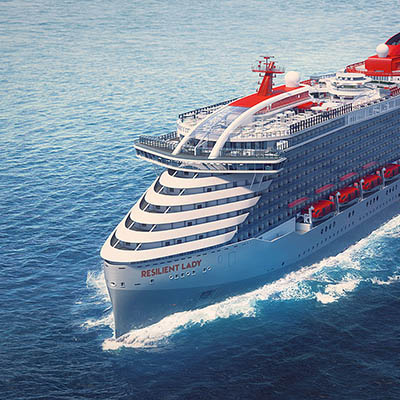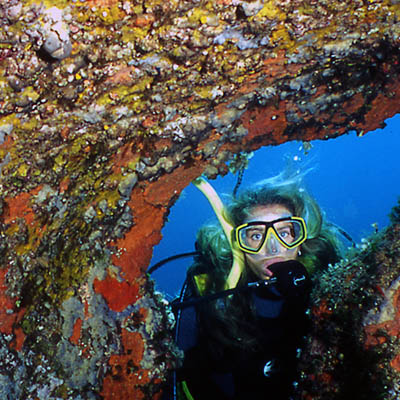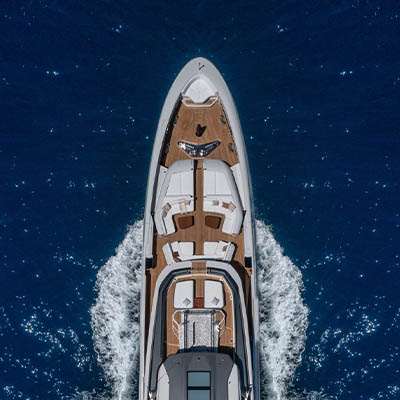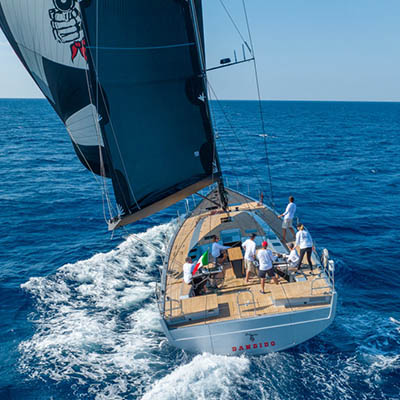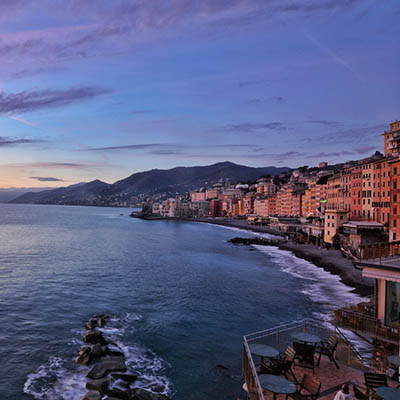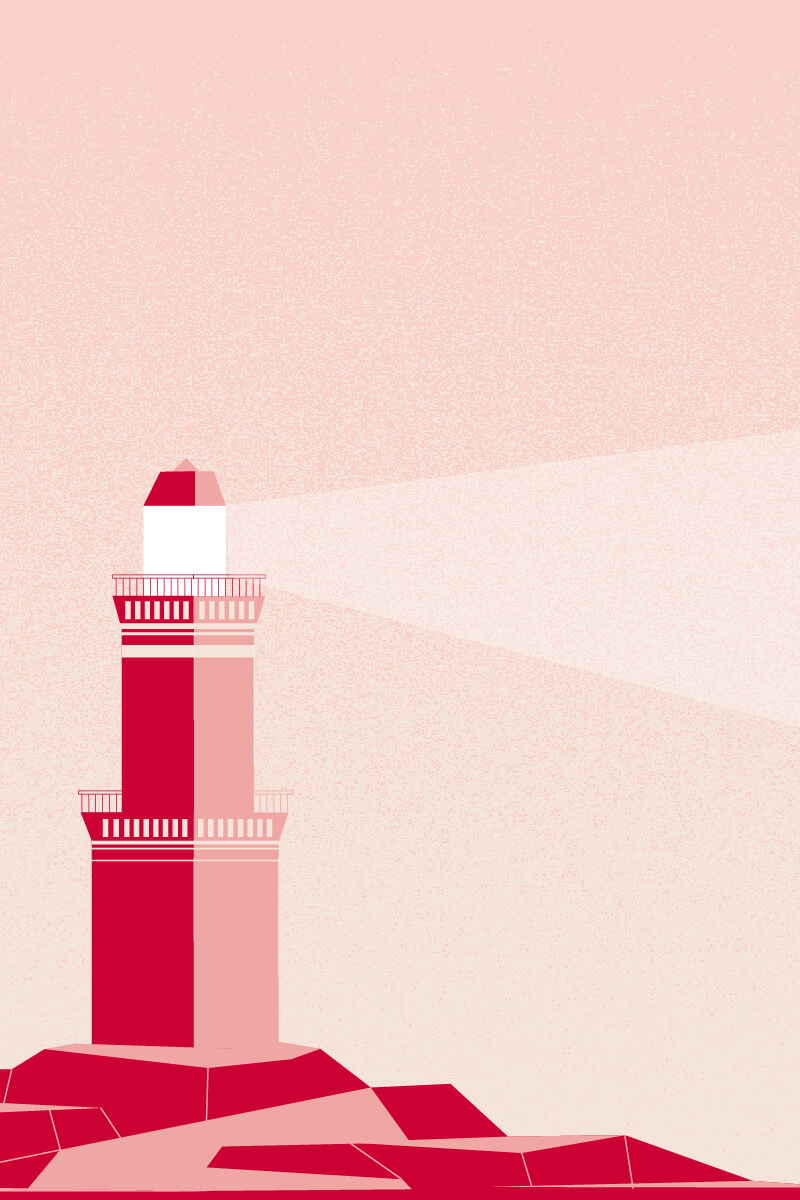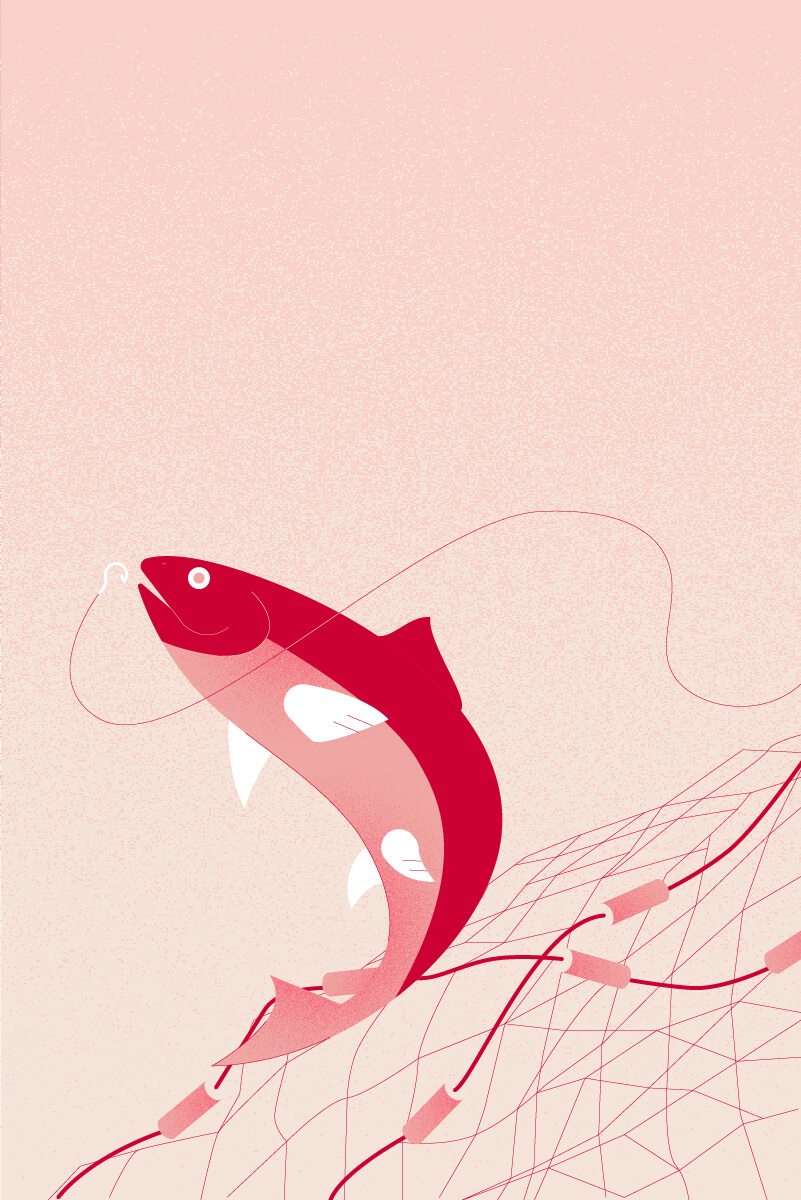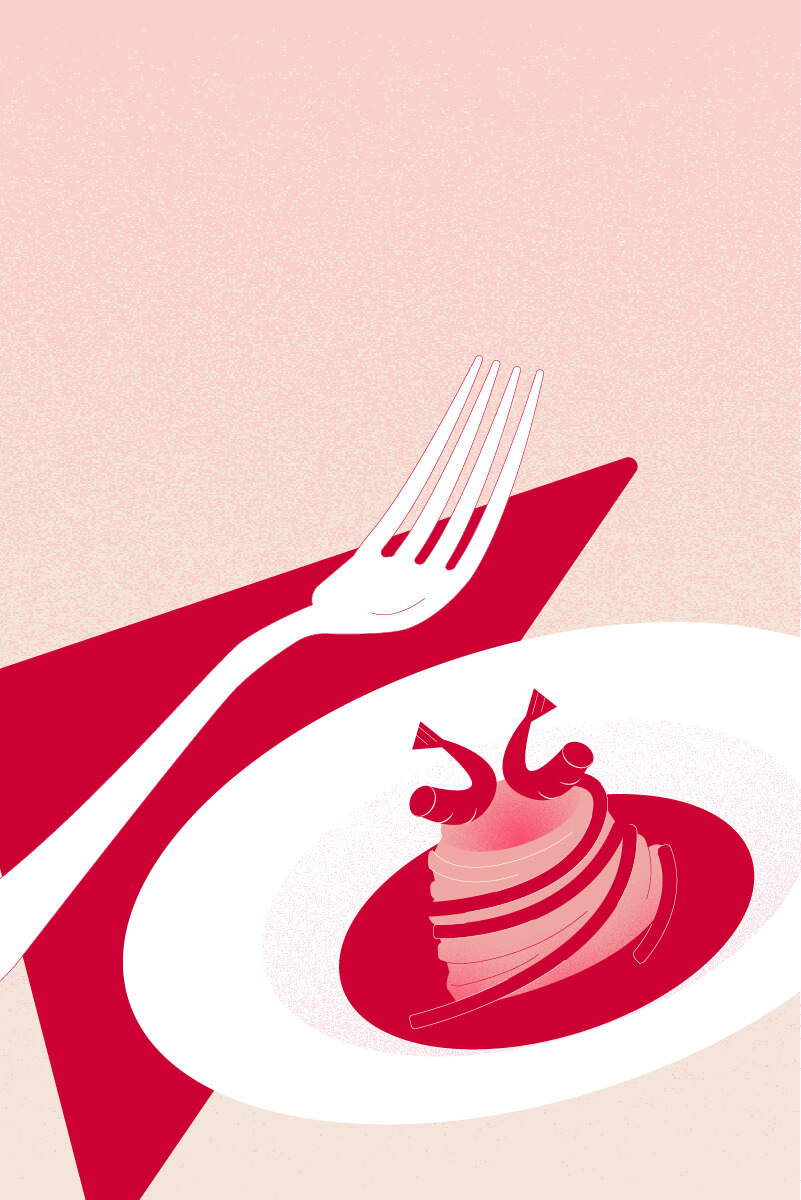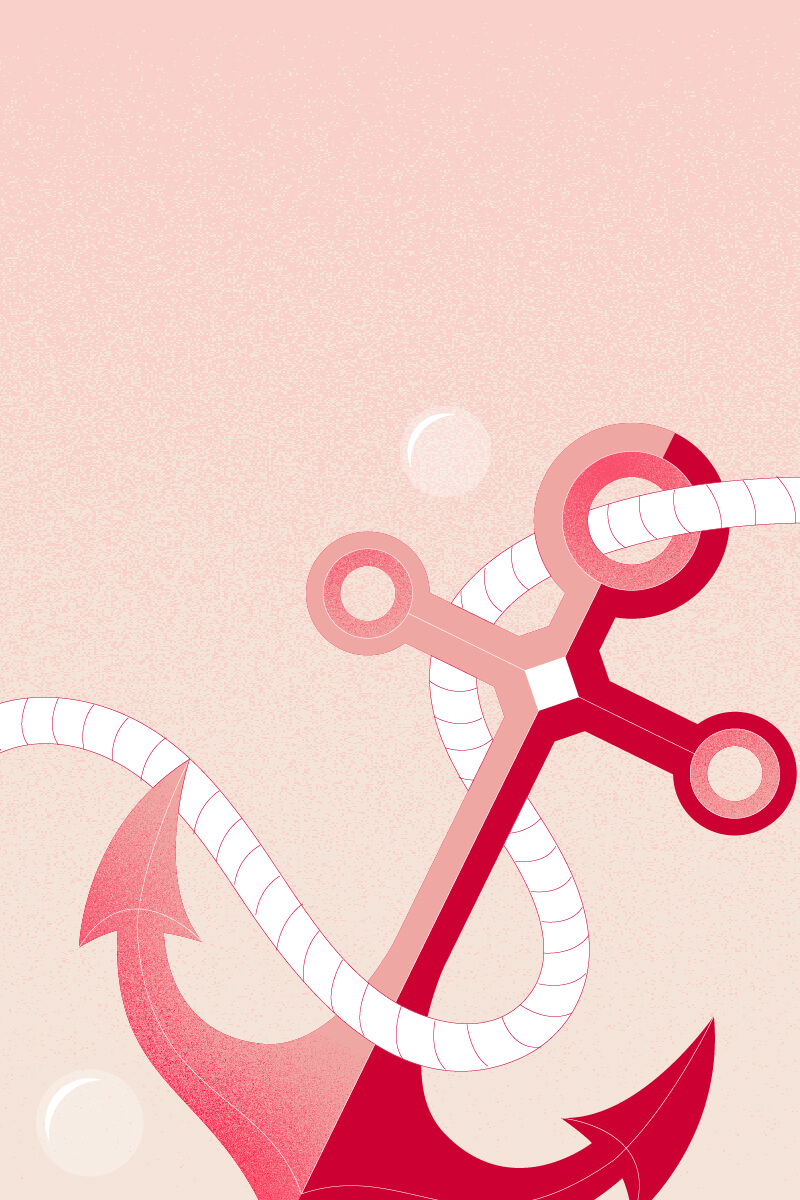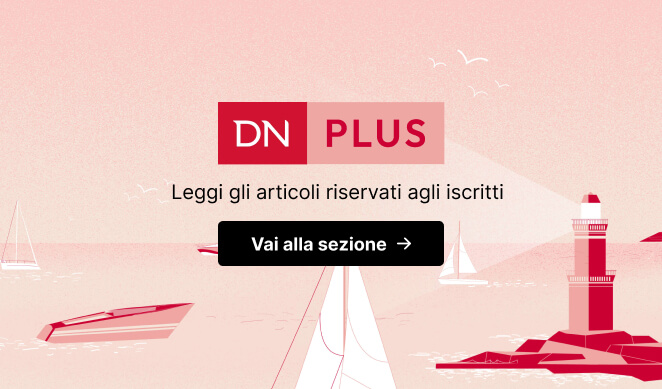Perotti to LN: “Covid will not stop Sanlorenzo’s growth. No orders have been cancelled”
Our interview with Cavalier Massimo Perotti, president of Sanlorenzo

Our interview with Cavalier Massimo Perotti, president of Sanlorenzo
The growth of the Sanlorenzo shipyards continues, notwithstanding the Coronavirus. The first three months of 2020 confirm, indeed, the positive trend of this historical brand in Italian boating, which has chosen as its headquarters, the town of Ameglia in La Spezia.
The health emergency has not led to the cancellation of any orders and, a few days from the complete relaunch of all the facilities, Sanlorenzo has already launched its first very new 44Alloy, a 44.5 metre fast-displacement super yacht, built completely in aluminium. Recent news is also the interest shown by the company regarding a future partnership in the share capital of Perini Navi, a leading brand in the manufacture of super yachts, news which was shared by Liguria Nautica a few days ago.
We interviewed Cavalier Massimo Perotti, president of Sanlorenzo, to understand how the company has managed to get through the lockdown, moving forward with the “wind in its sails” and what the plans are for the next few months.
Cavalier Perotti the latest data shows that the crisis caused by the Covid emergency did not negatively impact the business and the shipyard continues to grow. What do you think are the elements that led to this positive result?
The data from the first trimester, that saw the company fully functional up until the first half of March, confirmed the forecasted growth trend. From the moment the health crisis began, we worked quickly to provide a quick response to the Covid-19 situation. Already in March, we created an internal task force and a round table who fully agreed on all sides to enact a safety protocol.
This allowed us to quickly reach and sign an agreement with the unions and allowed us to start working again on 14 April on the yachts scheduled to be delivered by July 2020, and on 4 May we reopened all facilities. At the same time, we immediately launched a cost containment plan, an operation plan and a deferred investment reduction plan while still keeping, unchanged, investments in innovation, research and development.
What are you expecting over the next few months?
The actions we enacted, together with our business model based on a very flexible cost structure, the strength of the Sanlorenzo brand and loyalty of our clients, together with the important visibility given by our order portfolio of 500 million euros, 92% of which is covered by end clients, allows us to forecast a trend for the remainder of the year in parallel to that of 2019.
In this emergency a number of shipyards have seen a reduction in orders. What is the situation like in your company?
None of our orders have been cancelled, we have confirmed contracts for an equivalent value of over 500 million. The results of the first few months of 2020 confirm the validity of our business model, which has proven itself to be resilient in the different phases of the economic cycle. All the indicators register, as we had forecast, a positive trend and, in particular the beneficial profitability of the important investments that we have already made to increase our manufacturing capacity and we have significantly improved the efficiency of all our shipyards.
How many vessels are currently under construction or ready for delivery? Are they for Italian owners, or the foreign market?
We are just putting the finishing touches on yachts which will be delivered over the next few weeks and at the end of July, the time of year when, traditionally, we see a concentration in our deliveries, especially for European clients. I can tell you that our main market is historically Europe, followed by the Americas, the APAC area and lastly, the Middle East and Africa.
What repercussions has the lockdown had on the mega yacht sector? Has the market held?
At an operational level the impact has been very different between Italy and other European countries. For example, in Germany, Holland, Turkey and Poland, the shipyards never stopped, they worked the whole time. Instead, in Italy, we stopped and obviously, our segment has felt the repercussions. This happened because there were different intervention methods used in the segment. We think it is important to have common rules, because we are a global market and the emergency situation, even though it was global, risked bringing advantages to some and disadvantages to others.
Maria Cristina Sabatini



